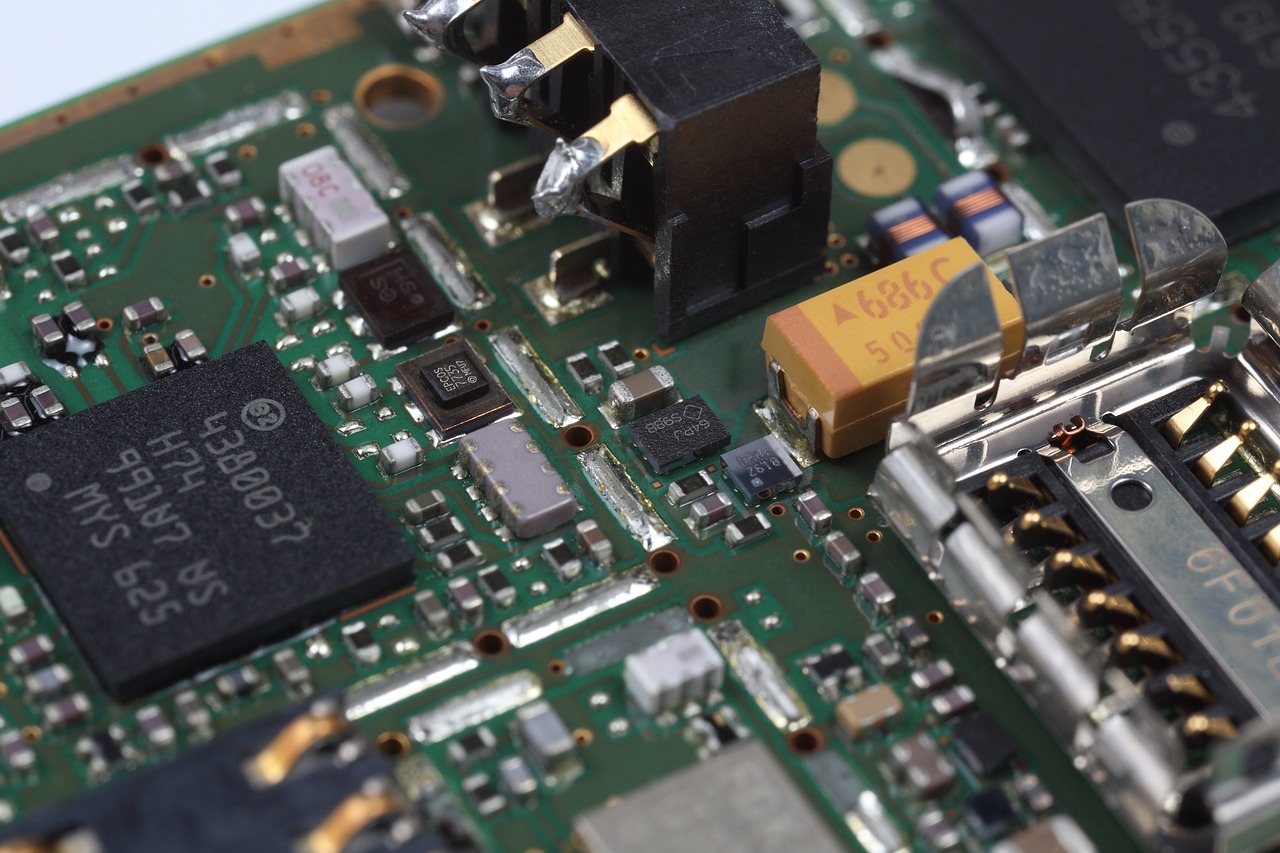The metal of choice for CNC forming
When it comes to professional CNC bending and twisting of electronic components, several metals are particularly well-suited for the process. Aluminum is a popular choice because it is lightweight, corrosion-resistant, and has a certain level of electrical conductivity. It is easy to manipulate and can be formed into complex shapes, making it ideal for structural components in electronics.
Copper is known for its outstanding electrical and thermal conductivity. It is essential for electronic components such as wiring and connectors. While it can be more challenging to twist and bend when compared to aluminum, modern CNC forming capabilities are more than enough to do the job right.
Nickel-based alloys are also important. They provide excellent corrosion resistance and are often used in high-temperature or aggressive environments. These alloys are valuable in the production of connectors and other components subject to extreme conditions.
Therefore, the choice of metal for CNC forming of electronic components depends on specific application requirements, including electrical and thermal conductivity, strength, weight, and resistance to environmental factors. Each of these metals has unique advantages that make them suitable for different types of technological applications.
CNC processing of electronic components in practice
CNC forming for the electronics industry is a highly precise manufacturing process. It allows for the accurate shaping and assembly of components, including circuit boards, housings, and various structural parts. The computerized system ensures that cuts, bends, and drillings are executed with minimal human error, resulting in high-quality components.
This technology is capable of producing a wide range of intricate shapes and geometries that are often required for modern electronic devices. This capability supports the miniaturization of components, allowing for the design of smaller and more compact products. In other words, we wouldn’t be able to manufacture smartphones without CNC forming services.
It is also worth mentioning that Computer Numerical Control systems are known for their efficiency in production. Once programmed, CNC machines can operate continuously with minimal oversight, significantly improving manufacturing processes. This leads to faster turnaround times as well as industrial waste reduction.






